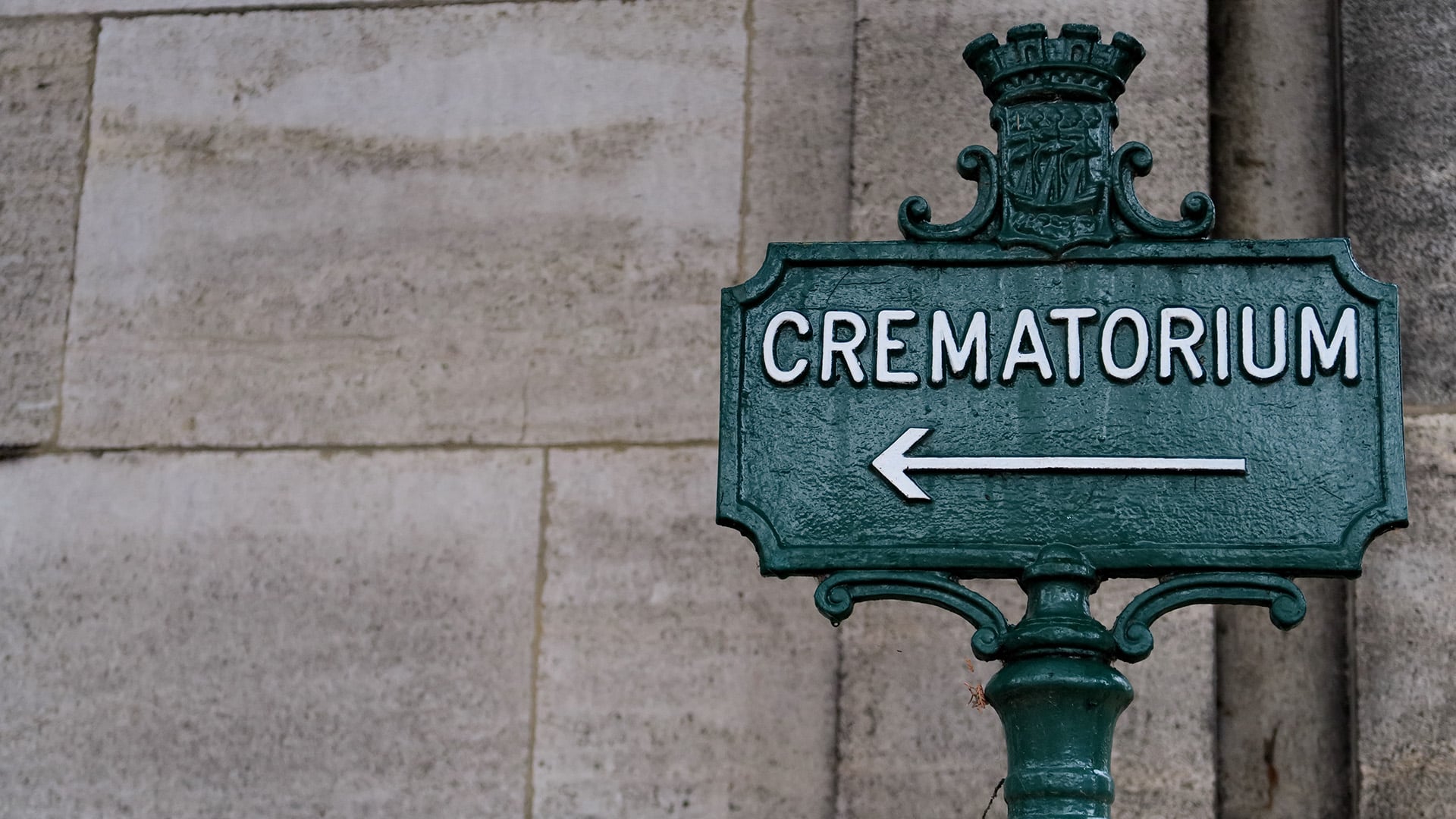
When someone dies, questions may arise about who can take on the responsibility for planning and paying for their funeral. For some families, it is obvious where this responsibility lies, for others it may not be straightforward. In our latest blog we’ve discussed some the guidelines surrounding legal responsibility for a funeral, and answered some of the most frequently asked questions.
Who is legally responsible for making funeral arrangements?
If the deceased made a will, the legal responsibility for the funeral will lie with the person or people named as executors of the estate. They will take on overall responsibility, even if the executors aren’t family members. If no will was made, then responsibility will fall to a person’s next of kin, which is typically the closest family member to the deceased.
Executor – An executor is someone who has been chosen by the deceased to deal with the estate, overseeing all the legal and administrative duties following their death. Up to four people can be named as executors, and they can comprise family members, friends, colleagues or someone such as a solicitor. Executors will take overall legal responsibility for the funeral and management of the estate, even if they are different to the next of kin.
Next of kin – If there is no will, the responsibility for the funeral will lie with a person’s next of kin. For some families this may be more obvious than others, particularly if there are multiple people who could take on this role. The courts have a clear order of priority with regards to the hierarchy of who is the chosen to be the next of kin for a person. The people at the top of the list will typically be allocated first, and responsibility will move down the list accordingly, depending on a person’s individual circumstances (such as whether they were married or had children). The official order of priority is;
- The spouse or civil partner of the deceased
- The long term partner of the deceased (they must have lived together for at least 6 months)
- Children of the deceased
- Parents of the deceased
- Siblings of the deceased (this could be siblings from one or both parents)
- Grandparents of the deceased
- Aunts or uncles of the deceased
- Cousins of the deceased
- Nieces and nephews of the deceased
- A long standing friend of the deceased
It’s important to note that several people may be entitled to be the next of kin for a person.
Administor – If there is no will, an administer is the legal name given to the next of kin who will take overall legal responsibility for managing a person’s estate. To apply for this duty, a person will need to obtain a Letter of Administration (LOA) from the court. Whilst there can be several next of kin, there can only be one Administor of the estate. Once obtained, this person will have overall legal responsibility for the funeral. For this reason, it’s important to seek permission from other next of kin before applying for an LOA.
What is an Arrangements on Death Declaration?
An Arrangements on Death Declaration is confirmation (either verbally or in writing) by the deceased of who they would like to implement their funeral arrangements. They can choose anyone, and it may not be a family member or executor. It is most common for an Arrangements on Death Declaration to be expressed in a will or funeral plan, with clear guidance on who is chosen to arrange the funeral and what their instructions are.
What if two people with the same entitlement can’t agree?
Occasionally disputes can occur when family members with the same entitlement can’t agree on who will oversee the funerals arrangements or take on the role of the administrator of the estate. There are many reasons why this may occur, such as between siblings or divorced parents, but it may cause additional distress and emotional turmoil for families unable to decide.
A funeral director can take instruction from anyone who is entitled to arrange the funeral, unless an executor or administer is allocated. If there is a dispute, it is advisable to seek legal advice before instructing your funeral director. Whilst it may not be easy, it is almost always better to come to an agreement between yourselves than to go through prolonged and costly legal proceedings.
Can someone unrelated to the deceased arrange a funeral?
Yes. Anyone can take on the task of arranging and paying for a funeral, regardless of whether they are related to the deceased. In some instances there may be no living relatives, or no one willing or able to take on the responsibility of arranging their funeral. If you are unrelated to the deceased but want to take on the arrangements, you would need to seek permission from any living relatives before instructing a funeral director.
Who is legally responsible to pay for a funeral?
As with the information provided above, executors or the next of kin are required to take financial responsibility to pay for a funeral. Funds to pay for the funeral may be found in a person’s estate and any assets left behind, otherwise they may have taken out a prepaid funeral plan or insurance policy to cover all or some of the costs.
If there is no money left in the estate and the executors or next of kin can’t afford to pay for the funeral, the local authority can arrange a public health funeral. We recently wrote a blog on this called ‘What happens if I can’t afford a funeral?’
If you are recently bereaved and would like to speak to us about arranging a funeral, you can call us on 01525 372210 or email us via our contact form. Alternatively, you can schedule an appointment with us using our online booking tool. We are here to support you through this difficult time.



